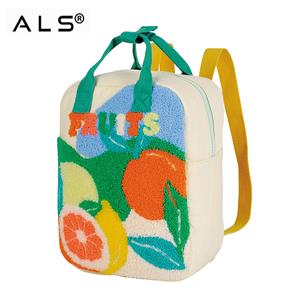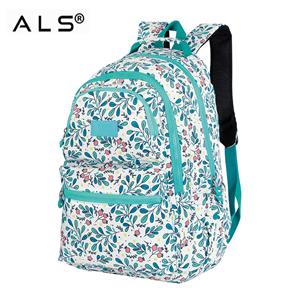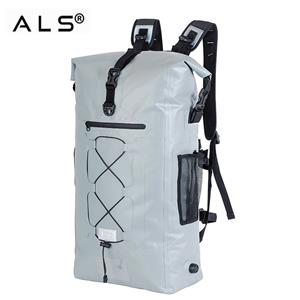Why recycled polyester?
60% of the world's clothing,bags,shoes is made from polyester, a plastic made from oil. Using recycled polyester will lessens our dependence on fossil fuels and keeps plastic bottles out of landfills.
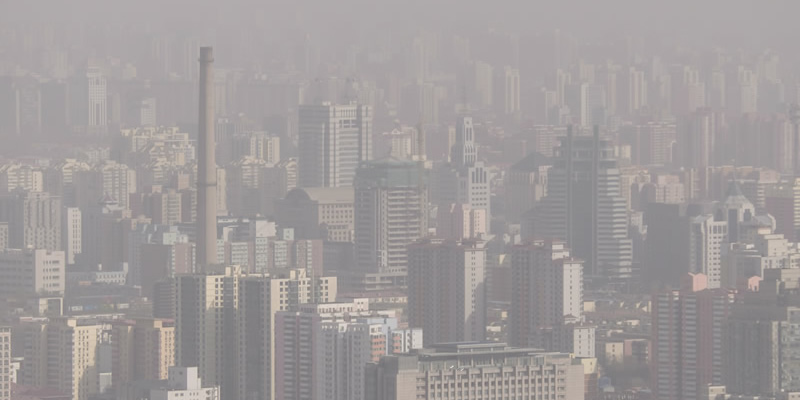
The factory that focus on environmental protection is moving toward 100% renewable and recycled raw materials. By using both synthetic and natural fibers made from pre-consumer and post-consumer waste, they are limiting their dependence on raw materials and reducing carbon emissions.
Pre-consumer waste is created during the manufacturing process, like fabric scraps or yarn waste from weaving mills and spinning factories. Sometimes referred to as “post-industrial.” The recycled yarn is sometimes mixed with other materials, like polyester, to ensure there is no loss in performance.
Post-consumer refers to any finished product that has been used then diverted from landfills at the end of its life. This includes anything that you throw in the recycling bin at home or at designated textile-collection bins.

In the 1980s and 1990s, we promised to create a plastic-free living environment. We throw plastic bottles into recyclable garbage cans and recycle them into new bottles, to make the earth's environment better. But only 15% of the plastic bottles can be recycled. Most bottles is polluted and can not be recycled, or wasted because there is not right fixed recycling facilities.
Plastic has its place, but that place is not in our streets, rivers or oceans. Our plastic is our responsibility, and our starting point needs to be in design, reducing the amount of plastic we use, and in making sure that what we do use increasingly comes from recycled sources.
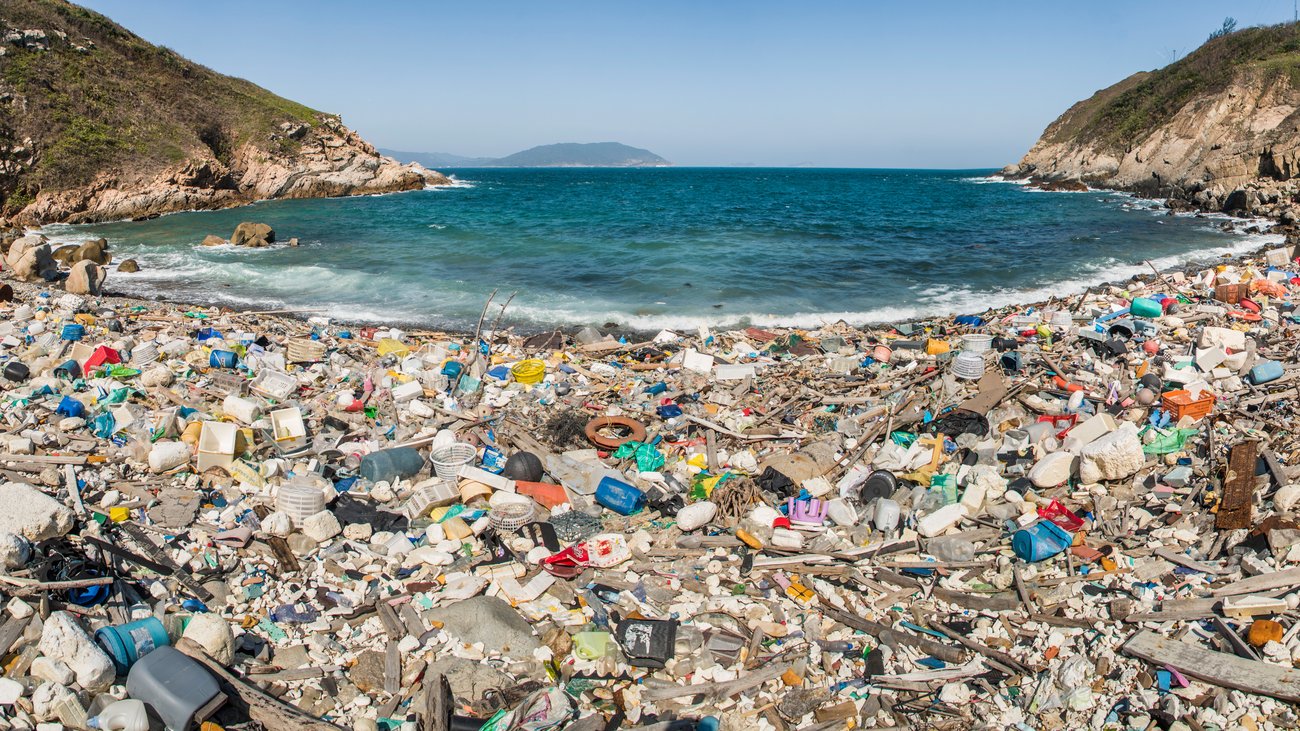
why recycled?People think that the biggest role of recycling is environmental protection. They tend to study more environmentally friendly materials,they want to replace less environmentally friendly materials with more environmentally friendly materials in order to lighten the burden of the environment. But according to this idea, people would be better off not buying anything. So, ultimately, it depends on how to recycle.
When we recycle, recyclable materials are reprocessed into new products, and as a result the amount of rubbish sent to landfill sites reduces. There are over 1,500 landfill sites in the UK, and in 2001, these sites produced a quarter of the UK's emissions of methane, a powerful greenhouse gas.
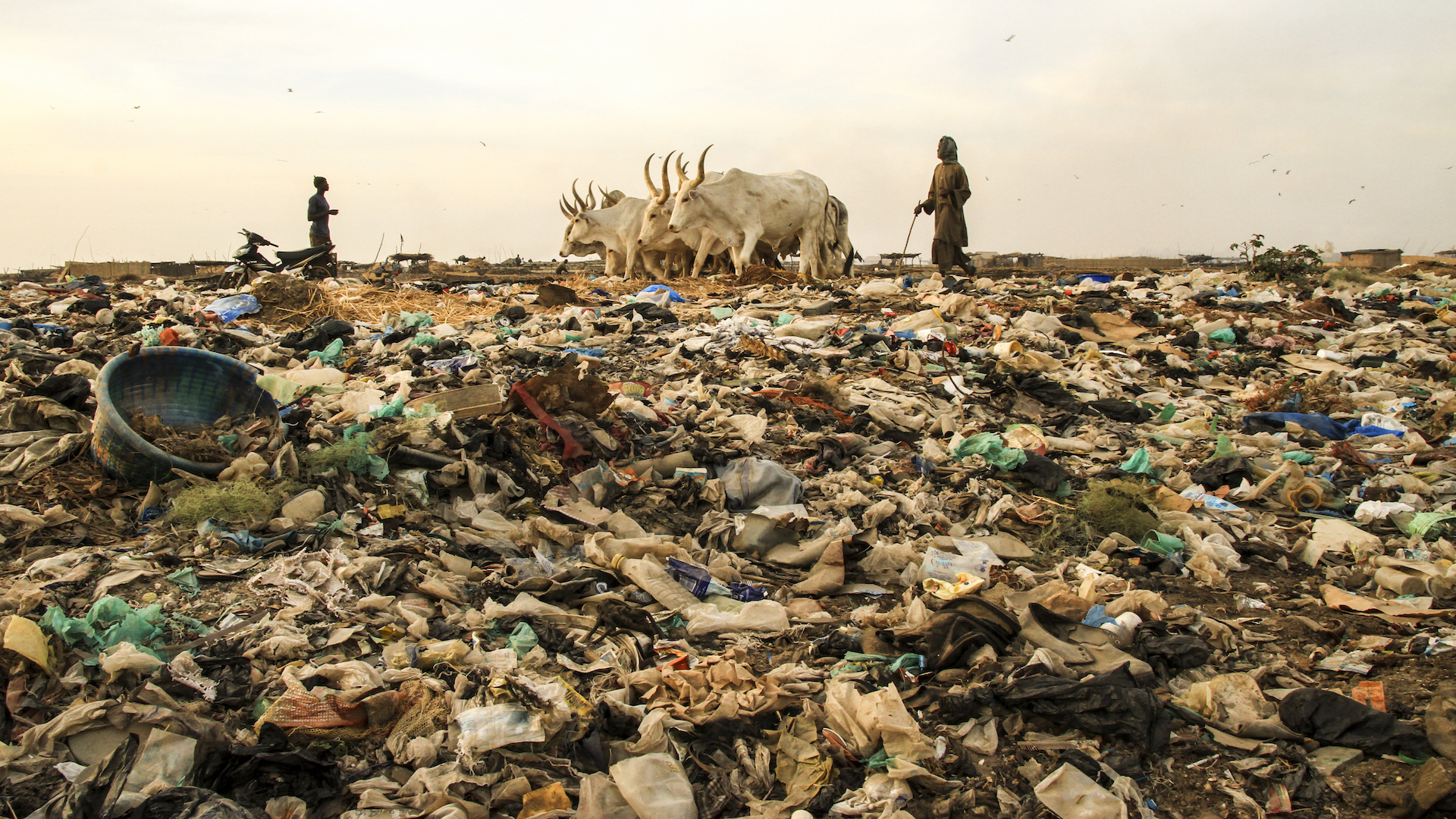
Recycling is one of the best ways for you to have a positive impact on the world in which we live. Recycling is important to both the natural environment and us. We must act fast as the amount of waste we create is increasing all the time.
The amount of rubbish we create is constantly increasing because:
Increasing wealth means that people are buying more products and ultimately creating more waste.
Increasing population means that there are more people on the planet to create waste.
New packaging and technological products are being developed, much of these products contain materials that are not biodegradable.
New lifestyle changes, such as eating fast food, means that we create additional waste that isn't biodegradable.
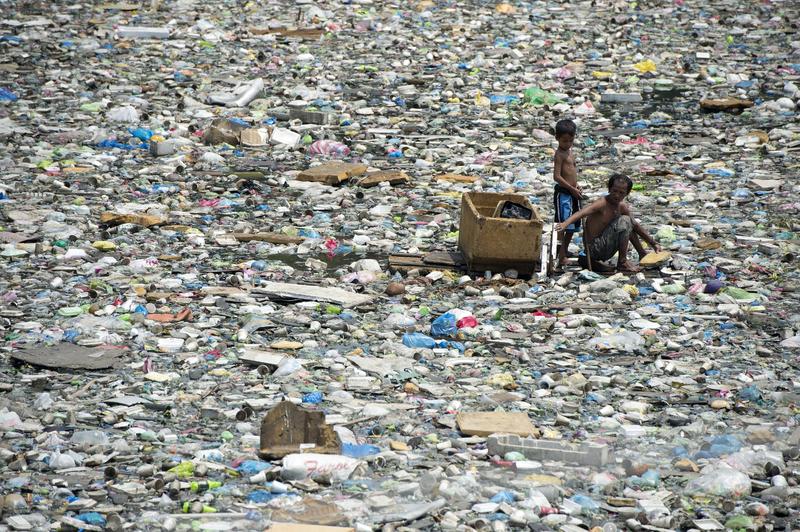
Recycling is very important as waste has a huge negative impact on the natural environment.
Harmful chemicals and greenhouse gasses are released from rubbish in landfill sites. Recycling helps to reduce the pollution caused by waste.
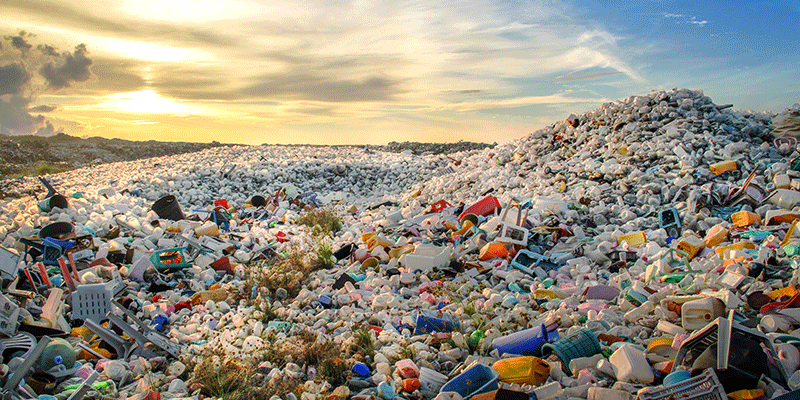
Habitat destruction and global warming are some the affects caused by deforestation. Recycling reduces the need for raw materials so that the rainforests can be preserved.
Huge amounts of energy are used when making products from raw materials. Recycling requires much less energy and therefore helps to preserve natural resources.
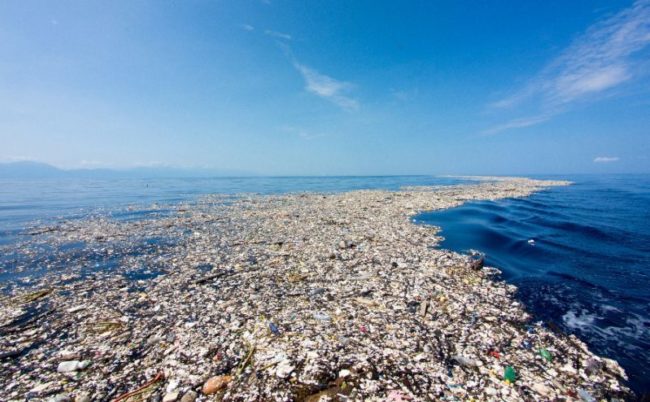
Recycling is essential to cities around the world and to the people living in them.
No space for waste. Our landfill sites are filling up fast, by 2010, almost all landfills in the UK will be full.
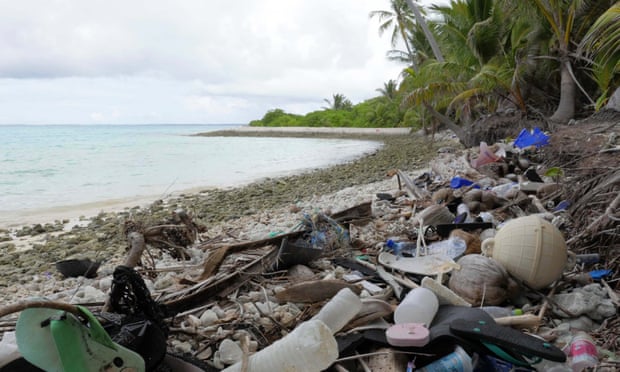
Reduce financial expenditure in the economy. Making products from raw materials costs much more than if they were made from recycled products.
Preserve natural resources for future generations. Recycling reduces the need for raw materials; it also uses less energy, therefore preserving natural resources for the future.

